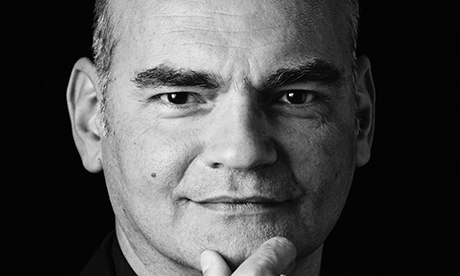
Welsh National Opera's new season will focus on Fallen Women, and this orchestral concert was ostensibly connected to the theme of the operas being staged next month. But what would have been the response of Hanna Fuchs, Mathilde Wesendonck and Harriet Smithson, the women who variously inspired the three works in the programme, to being labelled in the same category as Manon Lescaut and Violetta Valéry, La Traviata? Or indeed how would Alban Berg, Richard Wagner and Hector Berlioz have reacted to the names of their beloved, being thus besmirched? Two of them were the wives of other men, so forbidden, yes, but not fallen.
With the WNO orchestra's playing, surely its own best advertisement, there were no such quibbles. Music director Lothar Koenigs again showed his affinity for the repertoire of the Second Viennese School: in the three movements of Berg's Lyric Suite, the chamber-proportioned string ensemble produced refined tone, the first violins pellucid, Berg's passion carrying both restraint and a tortured ecstasy. In his Symphonie Fantastique, Berlioz's obsession with Smithson is expressed in a score whose proportions dwarf that of the Berg. Berlioz did nothing by halves, and the daring of his writing for four timpani, four bassoons, two tubas and two harps emerged strongly here, as did the haunting cor anglais solo intertwining with offstage oboe. Koenigs ensured that the piece's essential theatricality was paramount.
Yet, it was the singing of Emma Bell in Wagner's Wesendonck Lieder that proved the highlight of the evening, her rich and evenly creamy soprano always beautifully controlled. The link with Tristan und Isolde, implicit in Berg's score, was pointed up in the opening of Im Treibhaus: Bell responded with a glowing radiance in her voice and finally an appropriately dream-like misty quality in the fifth song, Traüme.

